FRAGMENTS IN THE RUINS
About Policy Network
Policy Network is the international ideas exchange for progressives. More than just a thinktank, its network spans national borders across Europe and the wider world with the aim of promoting the best progressive thinking on the major social and economic challenges of the 21st century.
What makes Policy Network unique is our ability to connect policymakers and policy implementers. We combine rigorous analysis of the biggest questions facing modern societies with creative thinking on how to turn those fresh solutions into dynamic political narratives that can deliver electoral success for progressive parties.
A platform for research and ideas
Promoting expert ideas and political analysis on the key economic, social and political challenges of our age.
Disseminating research excellence and relevant knowledge to a wider public audience through interactive policy networks, including interdisciplinary and scholarly collaboration.
Engaging and informing the public debate about the future of European and global progressive politics.
Building international policy communities comprising individuals and affiliate institutions.
Providing meeting platforms where the politically active, and potential leaders of the future, can engage with each other across national borders, with the best thinkers who are sympathetic to their broad aims.Engaging in external collaboration with partners including higher education institutions, the private sector, thinktanks, charities, community organisations, and trade unions
Delivering an innovative events programme combining in-house seminars with large-scale public conferences designed to influence and contribute to key public debates.
www.policynetwork.org@policynetwork
FRAGMENTS IN THE RUINS
The Renewal of Social Democracy
David Coats
London New York
Published by Rowman & Littlefield International Ltd.
Unit A, Whitacre Mews, 26-34 Stannary Street, London SE11 4AB
www.rowmaninternational.com
Rowman & Littlefield International Ltd. is an affiliate of Rowman & Littlefield
4501 Forbes Boulevard, Suite 200, Lanham, Maryland 20706, USA
With additional offices in Boulder, New York, Toronto (Canada), and Plymouth (UK)
www.rowman.com
Copyright 2018 by Policy Network
All rights reserved. No part of this book may be reproduced in any form or by any electronic or mechanical means, including information storage and retrieval systems, without written permission from the publisher, except by a reviewer who may quote passages in a review.
British Library Cataloguing in Publication Data
A catalogue record for this book is available from the British Library
ISBN: PB 978-1-78660-833-8
ISBN: eBook 978-1-78660-834-5
Library of Congress Cataloging-in-Publication Data
Library of Congress Control Number: 2018952216

The paper used in this publication meets the minimum requirements of American National Standard for Information SciencesPermanence of Paper for Printed Library Materials, ANSI/NISO Z39.48-1992.
Printed in the United States of America
These fragments I have shored against my ruins
T. S. Eliot, The Waste Land
Contents
David Coats is the director of WorkMatters Consulting. He has been a research fellow at the Smith Institute since 2010 and in 2014 he was appointed as a visiting professor at the Centre for Sustainable Work and Employment Futures, University of Leicester.
From 20042010 he was associate director policy at The Work Foundation. From 19992004 he was head of the Trades Union Congress economic and social affairs department, having first joined the TUC in 1989 as an employment law specialist.
He has been a member of the Labour party for 36 years.
D espite the title, this volume is not intended to be an obituary for social democracy. It is inspired by the belief that the values that have sustained British and European progressives for the last century or more are of continuing relevance in what can only be described as the most challenging political environment of the last seventy years. Intellectual confidence is a precursor of political confidence and the mainstream centre left requires a profound intellectual renewal. We will not, in Anthony Croslands words, win a battle of ideas by looking for oracular guidance from sacred texts. The task is to rethink social democracys central purpose in relation to the world as we find it today.
I make no apology for the fact that there are more questions than answers presented here. It is a historic weakness of the British left that over-commitment to particular programmatic prescriptions has stifled debate and created a culture where factional victory inside the Labour Party is viewed as a necessary condition for electoral success. My case, to the contrary, is that Labour is most successful when it is open, pluralist and tolerant, recognising the multiplicity of sources contributing to the progressive stream and bringing diverse opinions into alignment behind a programme that is both practical and radical. Whether I have achieved that objective is for readers to judge.
I would like to thank Patrick Diamond, Matthew Laza and Alex Porter at Policy Network for their support throughout the writing process and for their patience with an author who often gave the impression that brevity was a principle to be breached rather than observed. Roger Liddle offered valuable insights into Labours approach to planning and regional policy in the 1960s and encouraged me to believe that the project was worth completing. All errors and infelicities are of course my own.
Finally, I owe a debt of gratitude to my partner, Joanne Segars, who kept me focused on the task in hand. Without her I would still be writing, revising and polishing. Thank you for helping me to get it done.
The old is dying and the new cannot be born; in this interregnum there arises a great diversity of morbid symptoms.
Antonio Gramsci, The Prison Notebooks (19291936)
Two songs
An early recorded use of the expression the world turned upside down dates from the middle 1640s, during the English civil war, when a popular ballad decried the prohibition of the usual Christmas celebrations by a Puritan-dominated parliament a historical example, perhaps, of a protest against political correctness gone mad. The phrase has achieved more recent currency through Billy Braggs version of Leon Rosselsons song in praise of the Diggers, the civil war-era radical Christian sect, often seen as a proto-socialist movement: this earth divided, we will make whole, so it can be a common treasury for all. Extreme times produce extreme responses. On the one hand reaction, a hankering for the past, a lament for something that has been lost; on the other, a utopian hope for a better world.
A similar dynamic is at work today, even though the times may be a little less extreme. The desire for historic certainties about the nation, order, rules and tradition all constitute a new common sense on the right, particularly in the US and the UK. On the left, a belief in the necessity of change, the imperative to root out injustice and the yearning for a new social order has spawned movements led by individuals, like Bernie Sanders and Jeremy Corbyn, previously beached on the margins of politics for more than 30 years.

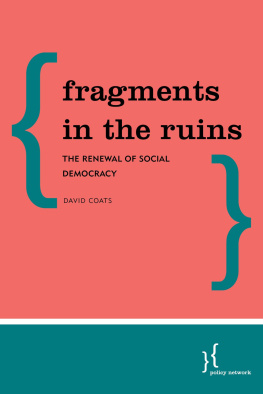

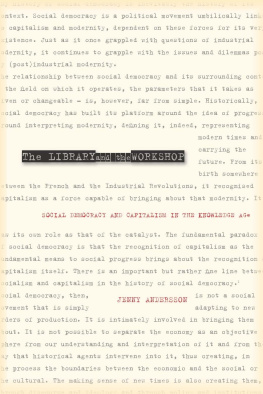
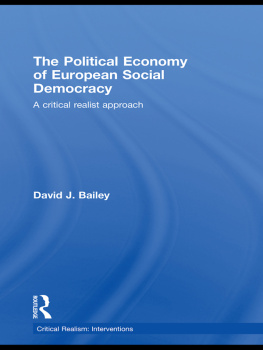

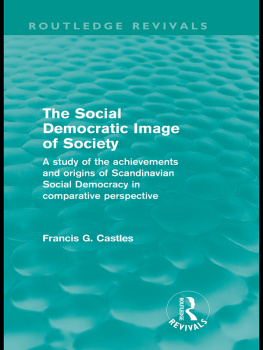
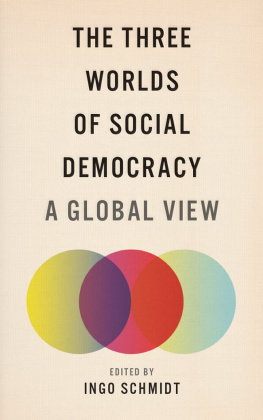
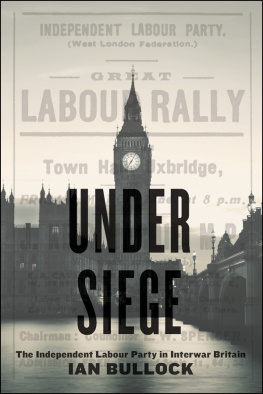
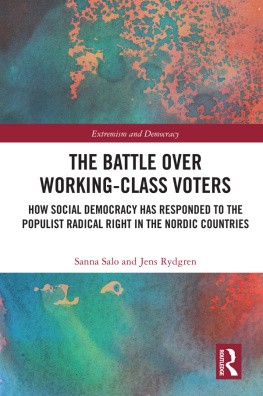
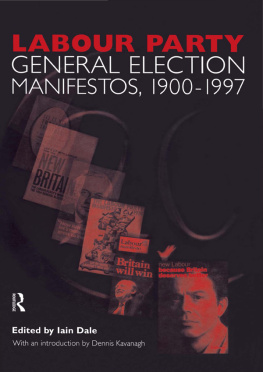



 The paper used in this publication meets the minimum requirements of American National Standard for Information SciencesPermanence of Paper for Printed Library Materials, ANSI/NISO Z39.48-1992.
The paper used in this publication meets the minimum requirements of American National Standard for Information SciencesPermanence of Paper for Printed Library Materials, ANSI/NISO Z39.48-1992.